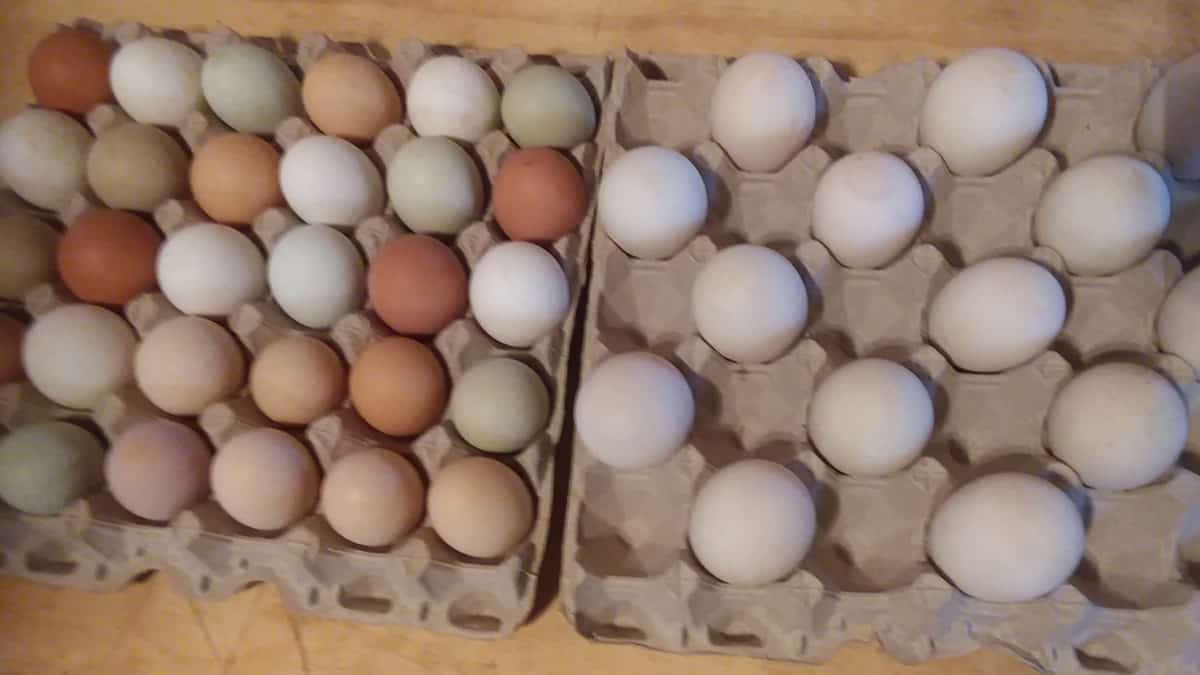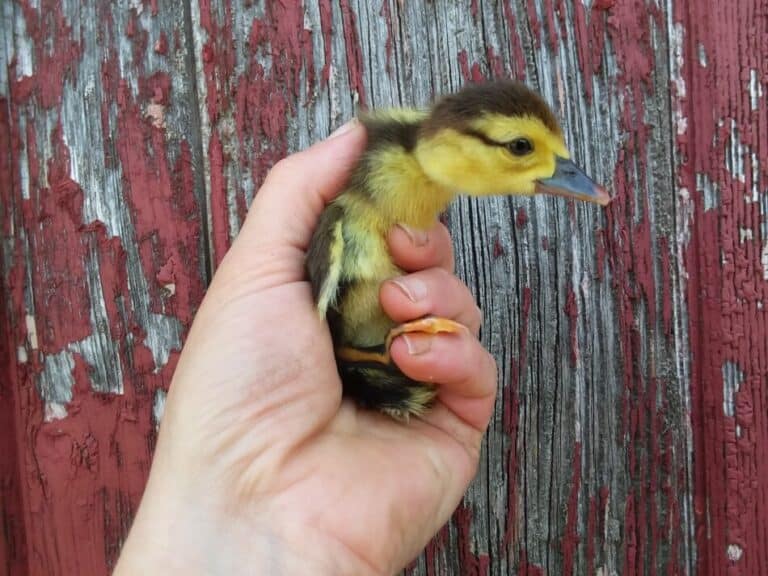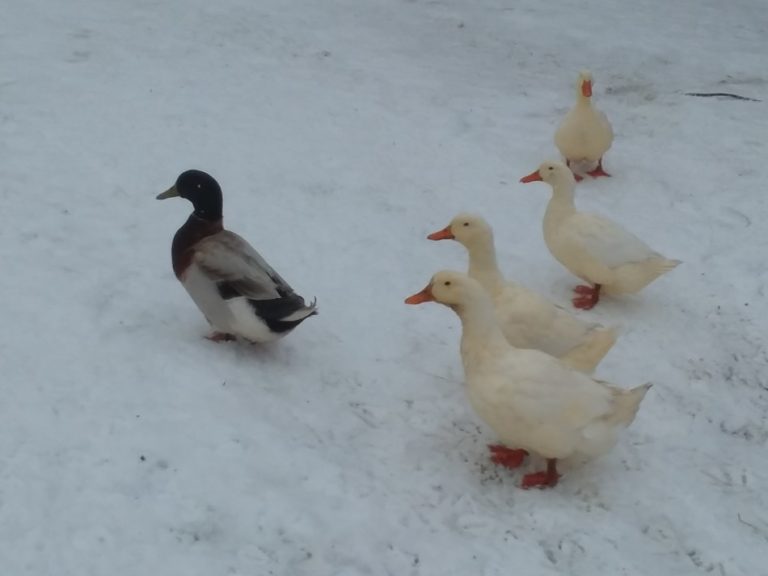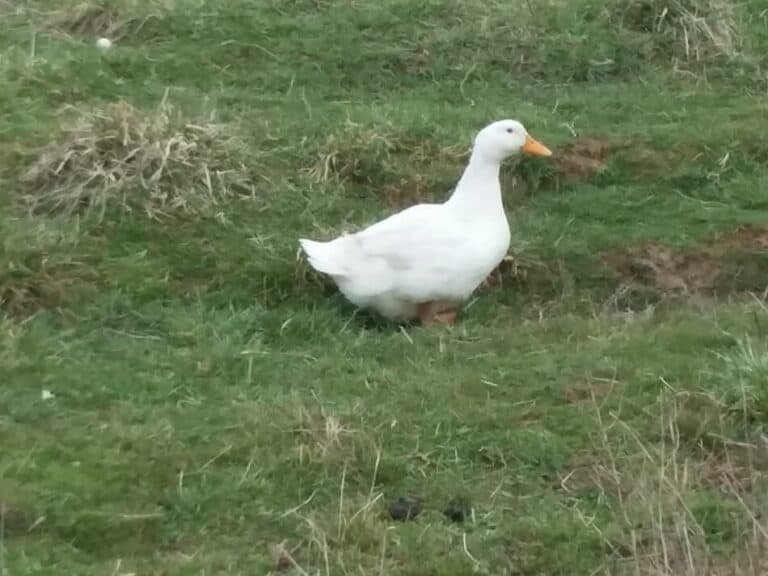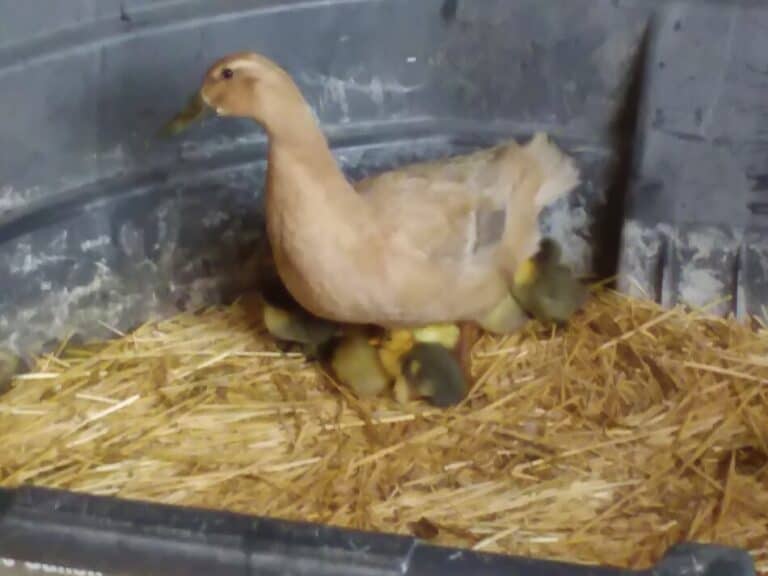Backyard Eggs: An Easy Start To Being More Self Sufficient
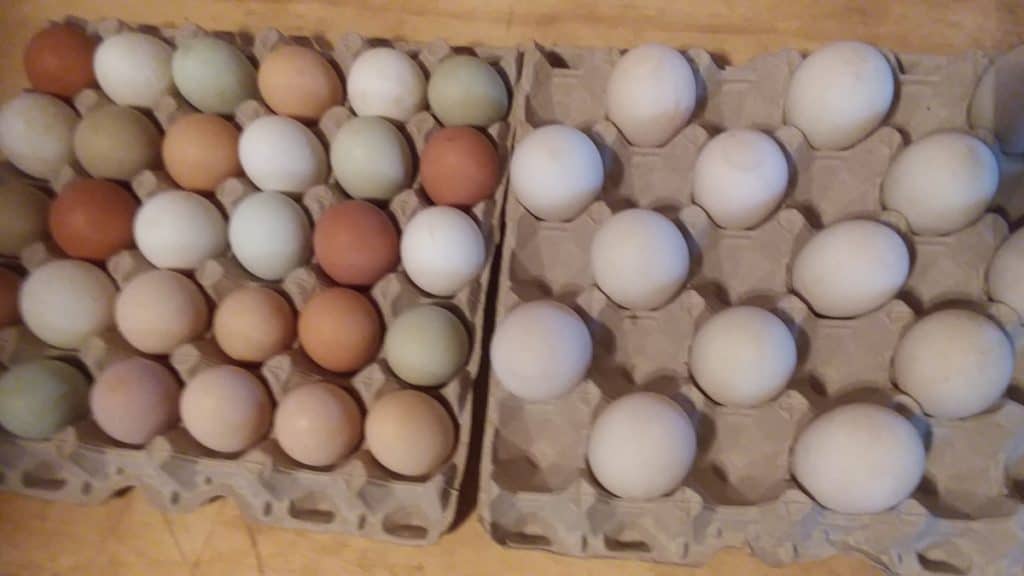
Interested in raising eggs yourself for your family and maybe having a few extra dozen a week for friends?
Or maybe you just want to know where your food comes from? Consider raising some poultry for eggs!
The most adaptable and easiest birds to raise as backyard egg producers are chickens and ducks. Chickens and ducks are easy to care for, available in many areas and are easy to find feed and supplies for.
Backyard eggs are an easy way to get started with taking care of yourself and your family. Poultry is simple to take care of and very family friendly.
Is Raising Chickens For Eggs Worth It? goes over your budget for raising and keeping hens for your egg supply.
Not to mention, no one can produce eggs that look and taste better than yours. That is not an exaggeration.
Treat your birds well and give them access to the yard for bugs and plants and your eggs will be the best around.
Normally, when people say backyard eggs, the chicken egg comes to mind. If chickens are where you want to start your self sufficiency journey then dive in, chickens are a great choice for eggs!
If chickens aren’t your thing (or are prohibited where you live) never fear, there are other options for eggs like ducks and quail.
Throughout this article I refer to birds, sometimes specifically writing chicken. Any information regarding the eggs themselves will apply to all backyard egg laying birds, not just chickens!
Backyard eggs are safe to eat
The safety of the eggs is completely determined by the way the birds are taken care of, specifically the environment they live in.
Any egg contamination comes from outside of the egg shell and works it’s way inside, usually through cracks in the shell.
Are Chickens Or Ducks Friendlier? goes over some things to consider when you are trying to choose your backyard egg producer.
Poor nest box management causes dirty eggs
Poor management of the nest boxes, meaning not enough bedding material and/or neglecting to completely clean out any broken eggs, are going to be the two main problems that result in dirty eggs.
Dirty eggs are the eggs that will have possible bacterial contamination. Since the shell of the egg is porous, the bacteria can work their way inside the egg.
Given sufficient time and a bit of heat, this bacteria will spoil the egg.
Is possible contamination a reason to avoid raising your own eggs? No, not at all.
Clean eggs come from well bedded nest boxes
It is a reminder that you control the environment of the egg, therefore, you control the condition of the egg.
A well cared for bird raised in a clean environment will lay beautiful healthy eggs for you and your family.
Keep the coop clean, have plenty of bedding in the nest boxes and frequently gather eggs. It’s that easy.
Backyard eggs are healthier
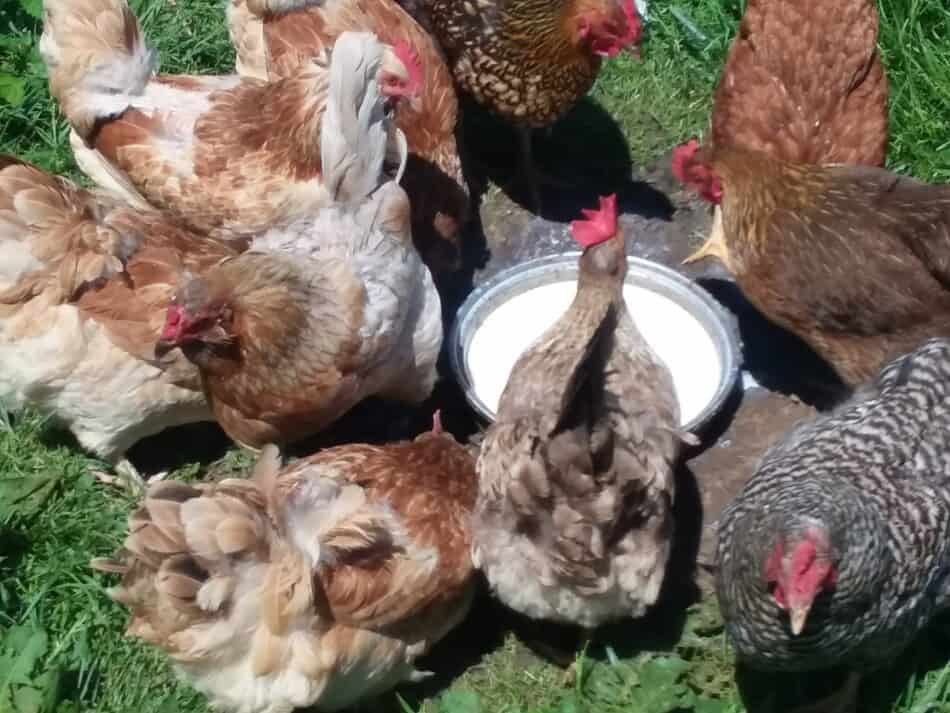
Just like you are what you eat, so are your birds and any eggs from them.
Backyard eggs, generally speaking, are going to be healthier for you because of the way the birds are raised and their access to the yard.
Eggs laid by chickens that are in a low stress environment and are able to roam about the yard or garden eating bugs and tender plants will have a higher nutritional value than eggs from a chicken that never gets outside or has a higher stress life.
The nutrients available to the chicken to take care of herself and then put into her eggs can only come from whatever she is eating.
“Compared to eggs of the commercial hens, eggs from pastured hens eggs had twice as much vitamin E and long-chain omega-3 fats, more than double the total omega-3 fatty acids, and less than half the ratio of omega-6 to omega-3 fatty acids”
https://www.psu.edu/news/agricultural-sciences/story/research-shows-eggs-pastured-chickens-may-be-more-nutritious/
Just like your body runs off of the foods you eat. The more varied her diet the more she nutrients she can put into the eggs.
Pastured Eggs is a Penn State Extension article that goes over the research findings of the nutritional values of pastured eggs.
Fresh eggs do not need to be washed
Fresh eggs do not need to be washed. This is assuming that the shells of the eggs are clean when you gather them.
Once again, clean shells are result of the nest boxes being clean. If you don’t like washing dirty eggs then keep more bedding in the nest boxes.
If you do have dirty eggs (it definitely happens), then just wash off the shells with a cloth and some lukewarm water. Then let them dry on a towel before putting them in a carton.
I have read that some people use fine grit sand paper to sand off the dirty spots on the eggs but I have not tried it. We just use water and rub the shell with a cloth.
Backyard eggs are not vegan
My understanding of a vegan diet is that people who chose to eat vegan do not want any animal products in their diet at all.
Since vegans do not eat anything from an animal, no matter how the animal was raised, vegans would not chose to eat any eggs, backyard or otherwise.
We know a few people that are mainly vegan but chose to occasionally supplement their diet with eggs or responsibly raised meat.
If this is the case then backyard eggs would be a wonderful nutritious addition to a mostly vegan diet.
Choose hearty layers for backyard eggs
Chickens are the most popular bird for backyard egg production and a great bird to start with. There are tons of choices of chicken breeds to raise.
Chickens come in a huge variety of colors, temperaments and body sizes. The eggs also come in a variety of colors and sizes.
Generally, chickens are divided into groups by body size and egg color. As mentioned above, there are hundreds of varieties of chickens.
The breeds listed below are just examples to give you an idea of what you are looking for when you start your search.
Light Breed Chickens need less feed
- White Leghorn
- Polish
- Lakenvelder
- Hamburg
- Campine
- Buttercup
Light Breed chickens are smaller breeds of chickens in that they have a slimmer body, but will still lay a good size egg.
Generally, light breed chickens are more active and good at foraging.
Grit For Chickens will help you decide which grit to give your hens, if they even need it, to help your hens perform at their best.
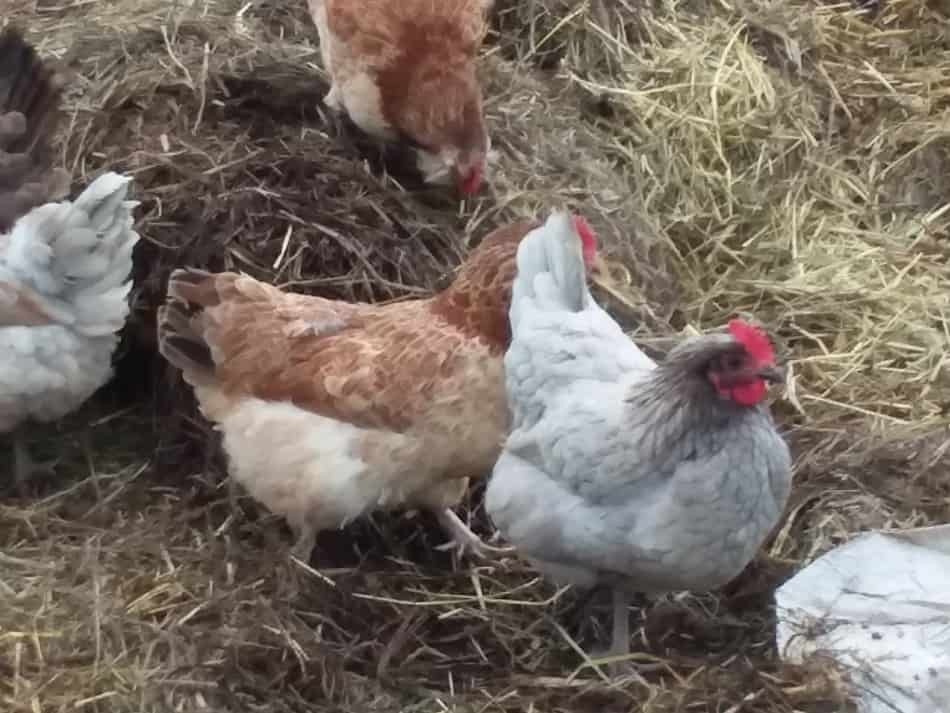
Heavy Breeds of Chickens lay brown eggs
- Wyandotte
- Rhode Island Red
- Plymouth Rock
- Australorp
- Orpington
Heavy breeds of chickens are birds that are more robust and hearty in build, will lay well and tend to be a calmer bird.
Heavy breeds are also called dual purpose since they can be kept for both meat and eggs. Take a look at my article 20 Of The Calmest Chicken Breeds.
While they are not exclusively heavy chickens the majority of the birds on the list are heavy breeds.
Colorful Egg Layers make egg gathering fun
- Americuana (blue or green shell)
- Welsummer (very dark brown shell)
- Maran (chocolate brown colored shell)
With backyard chickens being popular now, most hatcheries are also including a section on colorful egg layers.
These are chickens that will lay an egg that has a unusually colored shell like blue or speckled.
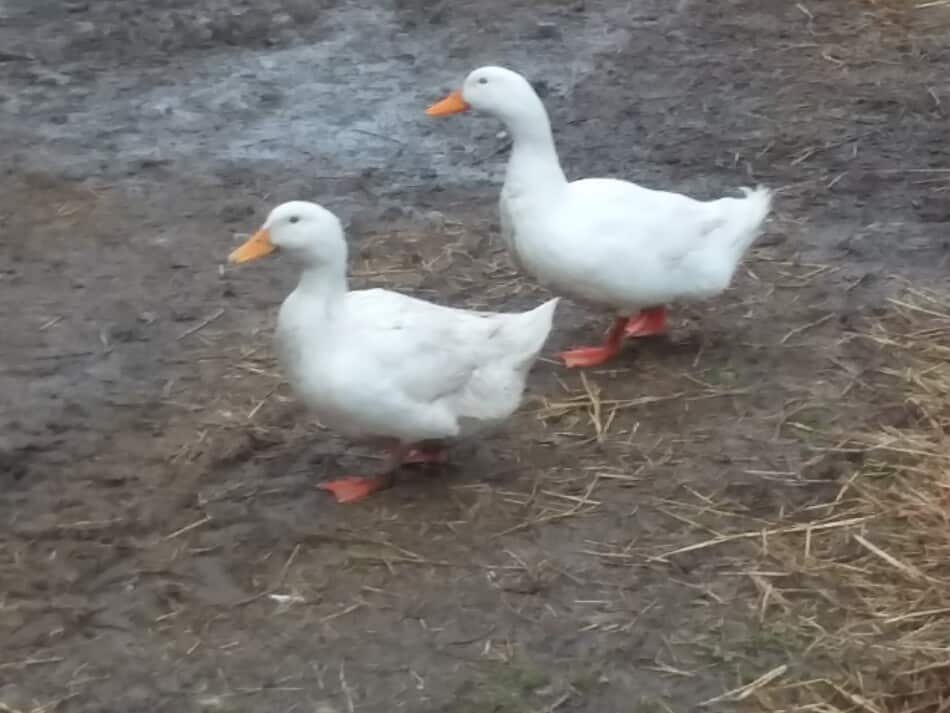
Ducks are great for backyard eggs
Interested in raising ducks for eggs? Consider my article 16 Breeds Of Ducks For Eggs And Meat.
Raising ducks for backyard eggs is becoming more popular. We love our ducks and the eggs we get, even in colder weather when the chickens stop laying.
Duck eggs are bigger than chicken eggs and are prized for baking. I use ours when making homemade noodles.
Duck hens are reliable eggs layers. As a bonus, ducks normally lay their eggs in the morning (compared with chickens that lay throughout the day).
You can collect eggs during morning chores and know how many eggs you have for the day.
Duck breeds that are good egg layers
- Pekin
- Indian Runner
- Khaki Campbell
- Hybrid layers like Gold Star and White Star
Duck eggs can be used any where chicken eggs would be used. They are great fried and can be used in all of your recipes where you would normally use chicken eggs.
Some cooks substitute two duck eggs for every three chicken eggs in a recipe, others just use the number of eggs listed whether using duck or chicken eggs.
It’s your call on if and how you adjust your cooking. I tend to take a middle ground approach-if the duck eggs are big I use less of them, if they are smaller I just use the number of eggs in the directions.
The main difference with a duck egg that I notice is the duck egg shell is so much harder than the shell of a chicken egg.
Other than the harder shell, I do not notice much of a difference between duck eggs and chicken eggs in the cooked food.
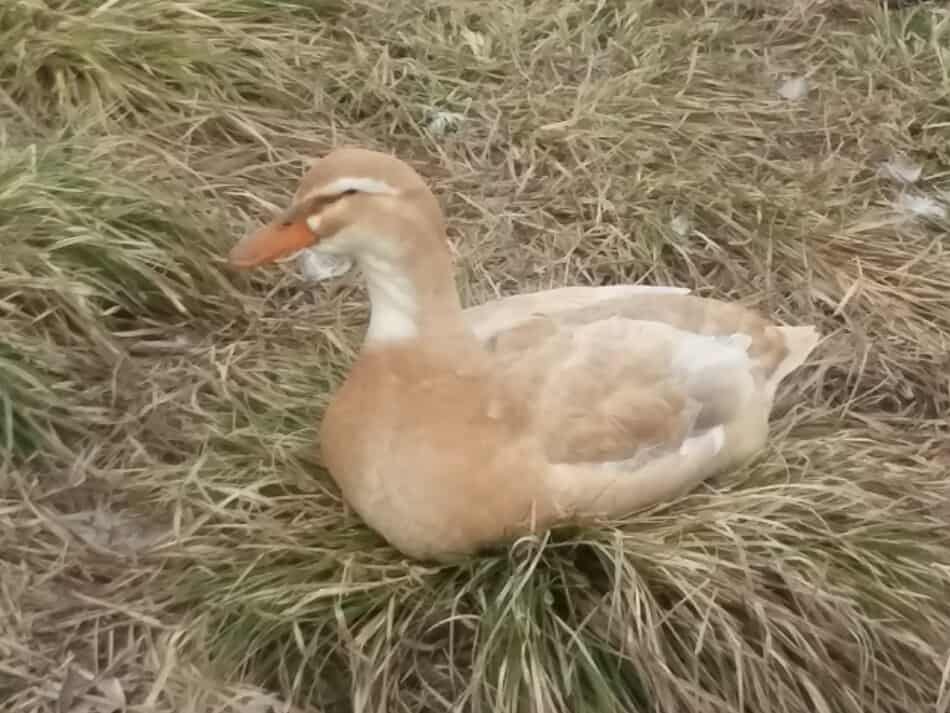
Quail can be raised for backyard eggs
Many people who want to raise their own eggs but are in an area that restricts backyard animals still have some options. For urban eggs, consider Cournix quail.
Quail are small so they don’t need a large cage or shed area to keep them in. They are also very quiet.
Most urban restrictions seem to be to prevent noise, since quail are quiet birds they should easily fit into your yard and keep the neighborhood peaceful.
We have bobwhite quail, but I would suggest Cournix quail for eggs and meat.
Cournix quail are fast growers-full size and laying eggs at five weeks old. These quail don’t fly so they are easier to pen.
Related Questions
Do green eggs really exist?
Yes, there are breeds of chickens that lay naturally green shelled eggs including Araucana and Whiting True Green.
Do hens lay different colored eggs?
Every chicken breed lays a specific color of egg. Chickens eggs can have a white, brown, blue, green or tinted shell color. The hen can not choose or change the color of the egg shell. Egg shell color is genetic.
